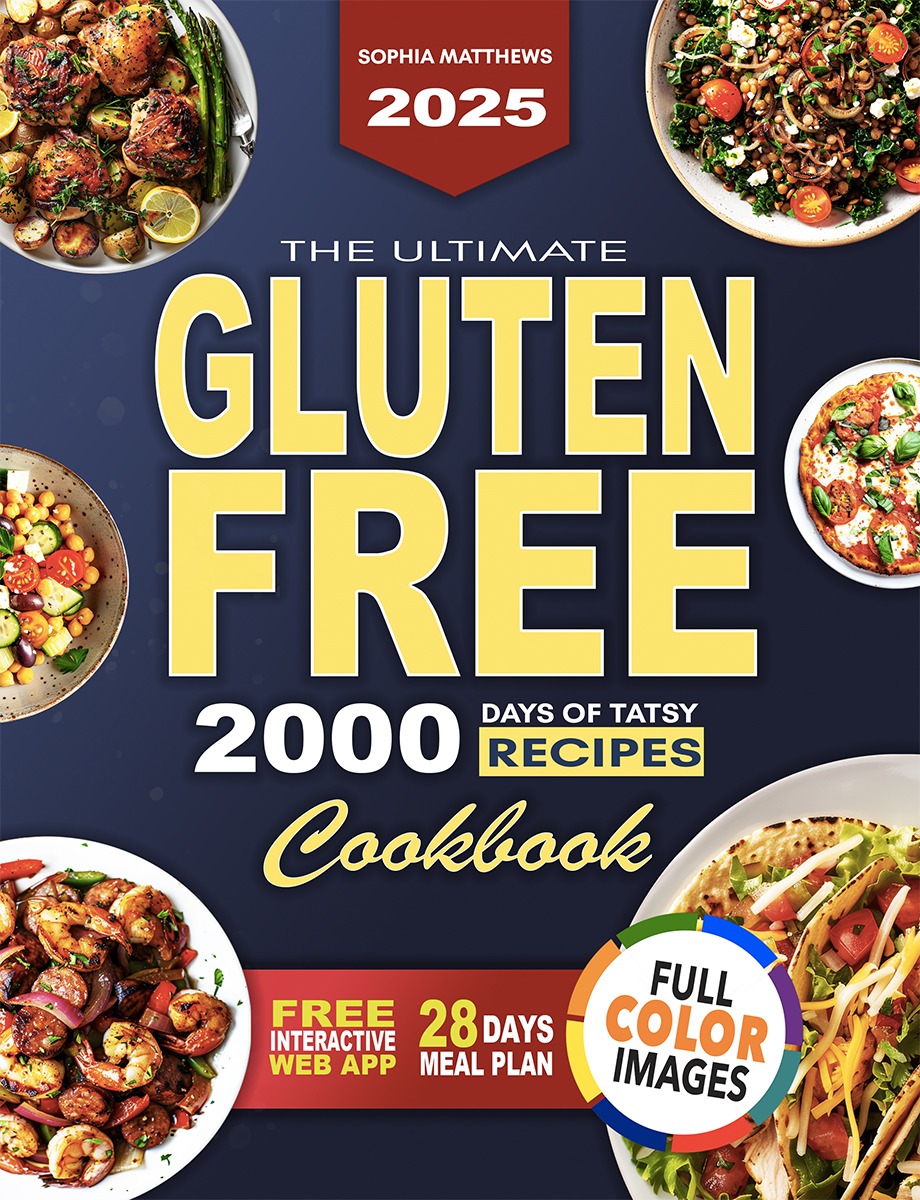Stress eating, also known as emotional eating, is a common response to anxiety, frustration, or other overwhelming emotions. While indulging in comfort foods occasionally might seem harmless, frequent stress eating can have serious consequences for individuals managing Chronic Kidney Disease (CKD). Often, the foods we reach for during stressful times—salty snacks, sugary treats, or processed comfort meals—are high in sodium, sugar, and unhealthy fats, which can strain the kidneys and worsen CKD progression.
In this article, we’ll explore how stress eating impacts kidney health, identify common triggers, and provide practical strategies to manage stress and avoid unhealthy eating habits.
The Impact of Stress Eating on Kidney Health
- High Sodium Intake
- Salty snacks like chips, processed meats, or fast food contribute to fluid retention, high blood pressure, and additional strain on the kidneys.
- Excessive Sugar Consumption
- Sugary treats can lead to weight gain, insulin resistance, and diabetes, all of which exacerbate kidney issues.
- Weight Gain
- Overeating during stress often results in weight gain, increasing the workload on the kidneys and raising the risk of cardiovascular complications.
- Poor Nutritional Choices
- Stress eating often involves processed foods that lack essential nutrients, further depriving the body of what it needs to support kidney health.
Common Triggers for Stress Eating
- Emotional Triggers:
- Anxiety, loneliness, or sadness can lead to seeking comfort in food.
- Environmental Triggers:
- Easy access to unhealthy snacks at home or work makes impulsive eating more likely.
- Habitual Responses:
- Associating food with relaxation or reward, like eating ice cream after a stressful day.
- Fatigue:
- Lack of sleep or energy can drive cravings for high-calorie, sugary foods.
Strategies to Combat Stress Eating
1. Recognize Your Triggers
- Keep a food diary to track what you eat and when you feel stressed.
- Identify patterns, such as snacking while watching TV or eating during stressful meetings.
2. Practice Mindful Eating
- Focus on your food while eating—avoid distractions like TV or scrolling through your phone.
- Chew slowly and savor each bite, which can help you feel more satisfied with smaller portions.
3. Stock Kidney-Friendly Snacks
- Replace unhealthy options with low-sodium, low-sugar snacks that align with your CKD diet.
- Examples: Unsalted popcorn, cucumber slices with hummus, or a small handful of fresh berries.
4. Plan Balanced Meals
- Stick to a structured meal plan to avoid impulsive snacking.
- Include lean proteins, low-potassium vegetables, and controlled portions of carbs.
5. Find Alternative Stress Relievers
- Engage in activities that don’t involve food:
- Go for a walk or do light exercise.
- Practice deep breathing or meditation.
- Journal your thoughts or listen to calming music.
6. Stay Hydrated
- Sometimes, thirst is mistaken for hunger. Drink a glass of water or herbal tea before reaching for a snack.
7. Seek Support
- Talk to friends, family, or a therapist about your stress to address the root cause of emotional eating.
Kidney-Friendly Comfort Foods
If you’re craving something indulgent, try these healthier alternatives:
- Craving Salty Snacks?
- Swap chips for unsalted popcorn or baked zucchini chips.
- Craving Sweet Treats?
- Opt for baked apples with cinnamon or a small bowl of fresh berries.
- Craving Creamy Comfort Foods?
- Make mashed cauliflower with a touch of unsweetened almond milk and garlic powder.
- Craving Crunchy Snacks?
- Try sliced cucumbers or carrots with low-sodium hummus.
Practical Stress Management Techniques
- Set Boundaries:
- Reduce stress by saying “no” to commitments that overwhelm you.
- Prioritize Sleep:
- Aim for 7–8 hours of sleep each night to prevent fatigue-driven cravings.
- Exercise Regularly:
- Light exercises like walking or yoga release endorphins that help reduce stress.
- Practice Gratitude:
- Write down three things you’re grateful for each day to shift your focus from stress to positivity.
- Create a Relaxation Routine:
- Dedicate time to self-care activities like reading, taking a bath, or meditating.
Sample Daily Routine to Avoid Stress Eating
- Morning: Start with a balanced breakfast (e.g., scrambled egg whites with a slice of low-sodium toast).
- Mid-Morning: Take a short walk or stretch break to clear your mind.
- Lunch: Enjoy a pre-planned kidney-friendly meal, such as grilled chicken with steamed zucchini and white rice.
- Afternoon: Drink water or herbal tea and snack on fresh cucumber slices with hummus.
- Evening: Relax with a mindful activity like yoga, journaling, or listening to music.
Conclusion
Stress eating is a natural response to difficult emotions, but it can have a significant impact on kidney health for CKD patients. By understanding your triggers, planning ahead, and adopting healthier habits, you can manage stress without relying on food. Incorporating kidney-friendly snacks and finding alternative ways to cope with stress will not only protect your kidneys but also improve your overall well-being.




